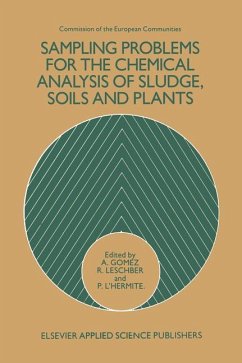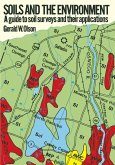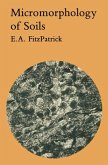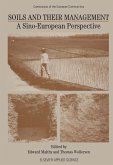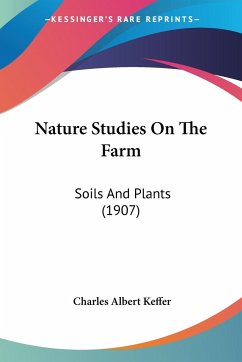Sampllng Fundamental Aspects 2 Sampling: Fundamental aspects Reimar Leschber Institut fuer Wasser-, Boden- und Lufthygiene des Bundesge sundheitsamtes, Berlin-Dahlem, Federal Republic of Germany Chairman of Working Party 2, COST 681 Protection of the environment increasingly requires the de velopment of a recycling society using 'secondary raw ma terials' instead of natural resources wherever possible. Among the methods of recycling the agricultural use of sludge is a traditional one and a good example with a long history of a meanlngful use of waste material. Increasing demands of water pollution control in the last de cades leading to intensified and extended sewage treatment processes and thus to an increase of the sludge quantity have caused problems in this field in general. In addition, there were local problems of industrial pollution which have led to an increase of harmful substances in municipal sewage sludges. So, when the Concerted Action COST 68 was set up to study the beneficial and harmful effects of the agricultural use of sludge, investigation of harmful substances in the sludges and their environmental effects was 9ne of the main tasks of work. Although the progress of analytical techniques enabled the environmental authorities and institutions to determine harmful substances in sludges with great accuracy, it became clear that unsatisfactory results and an incomplete reproduc ibility of analytical findings often were not due to shortcom ings in the analytical procedure itself but to a preceding in vestigation step: Improper sampling and sample preparation.
Bitte wählen Sie Ihr Anliegen aus.
Rechnungen
Retourenschein anfordern
Bestellstatus
Storno

